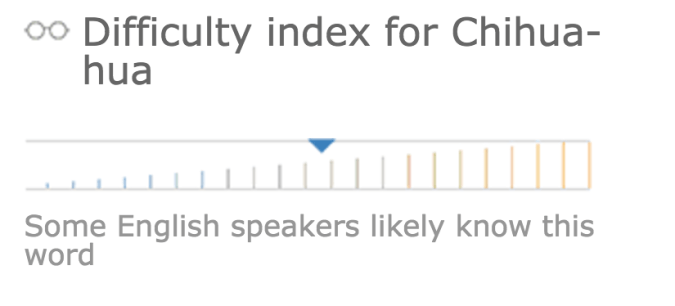You Probably Could Have Won the 1967 National Spelling Bee With This Nahuatl Word

Creative Commons by Scripps National Spelling Bee is licensed under CC BY 2.0
One of the best moments at this year’s Scripps National Spelling Bee came when Shourav Dasari spelled Mogollon without hesitation. His bold style – not asking for language of origin, definition, alternate pronunciations, etc – made the runner-up a trending topic on Twitter. But if we’re being frank, a Spanish-language speaker probably could spell it as well. And that’s not to say this wasn’t impressive, because it was. Throughout the competition, Shourav was a fierce competitor who brought swagger to the event.
Though many of us likely couldn’t have spelled strudlberg, the word that eliminated him, or marocain (the word that made Ananya Vinay the champ), we could have won the 1967 Spelling Bee.
Over the years, the Scripps National Spelling Bee has become increasingly difficult. But as we’ve come to see, speaking Spanish or knowing words that originate in Latin America can come in handy during the spelling Olympics. This was especially true in 1967. At the 42nd edition of the competition, Jennifer Reinke won with the word chihuahua, which comes from Nahuatl. According to an archived Chicago Tribune article, “Chihuahua began as the name of a Mexican city and province, and later was used to name a breed of dog. All three (fleche, pogrom, and chihuahua) have in recent times been incorporated into English just as they stood in French, Russian, or Spanish.”

Though Dictionary.com qualifies the word chihuahua as somewhat difficult and Merriam-Webster notes it’s in the bottom 30 percent of words in terms of searches, it likely wouldn’t make it onto a final round – or even the last day of competition – nowadays.